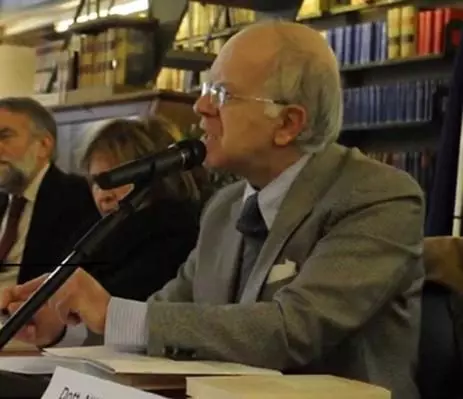There is a common thread that runs through all the stories: and it is the link, which everyone shares, of the reference - each story in its own way - to the figurative arts, which are the phantasmatic protagonist of the whole collection. Events unfold in the first eight stories, which are variously set in the course of the history of men: from the Paleolithic age up to the Eighteenth-century Enlightenment, passing through the Athens of the Panathenaic and then for the years of the Frideric Kingdom and those of the Spanish Viceroyalty. The second group of eight stories, on the other hand, proposes events all set in the second half of the 1900s, with some projections of a glance also towards a near future of which a possible profiling is suggested.
Human affairs: adventure, love, betrayal, generosity of spirit, heroism, sensuality, joy, pain, these are the substantial components that intertwine in a narrative process that aims to be urgent, written according to the parameters that the medieval people called the 'four senses of writing'. In short, the author's intention is to produce a narrative that can be used at various levels, from the simplest of a carefree and relaxing reading, to that of a committed reading, in which Rosario Pinto suggests, together with a perspective of Weltanschauung, the involvement of the reader in a broader fruition contribution, where the reader can feel protagonist, almost supporting the author in imagining different epilogues and premises for these stories that they always try to propose, together with the conclusion suggested by the writer, also others possible development opportunities.
 Share / Save
Share / Save






Comments 0
Say something